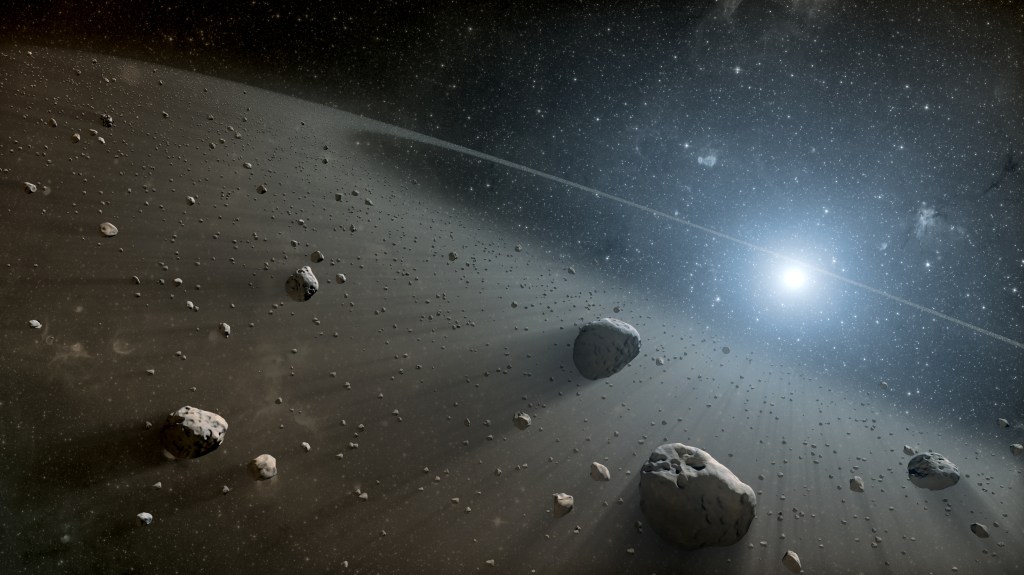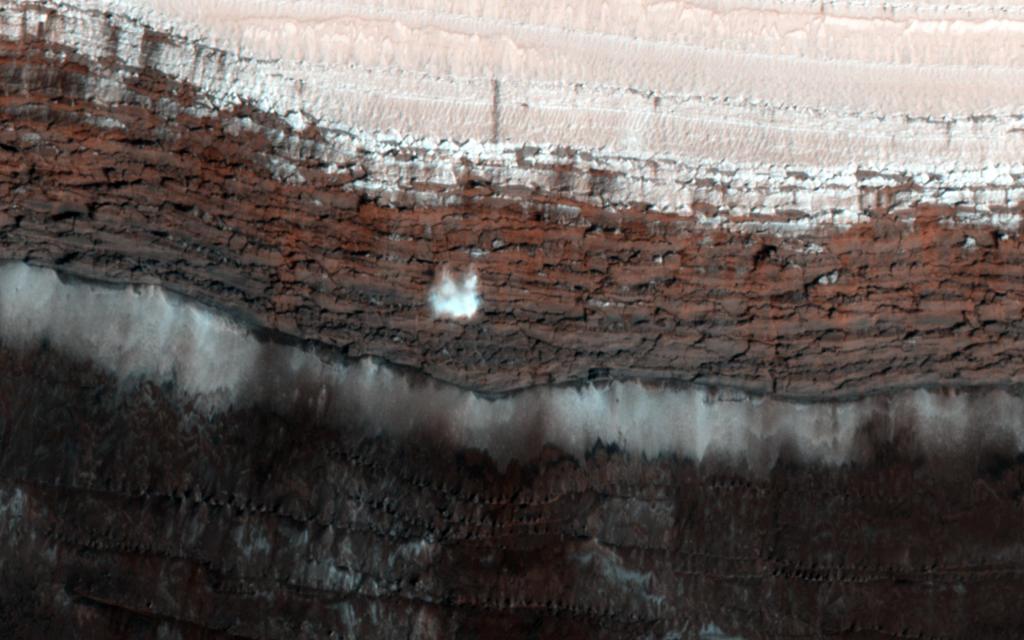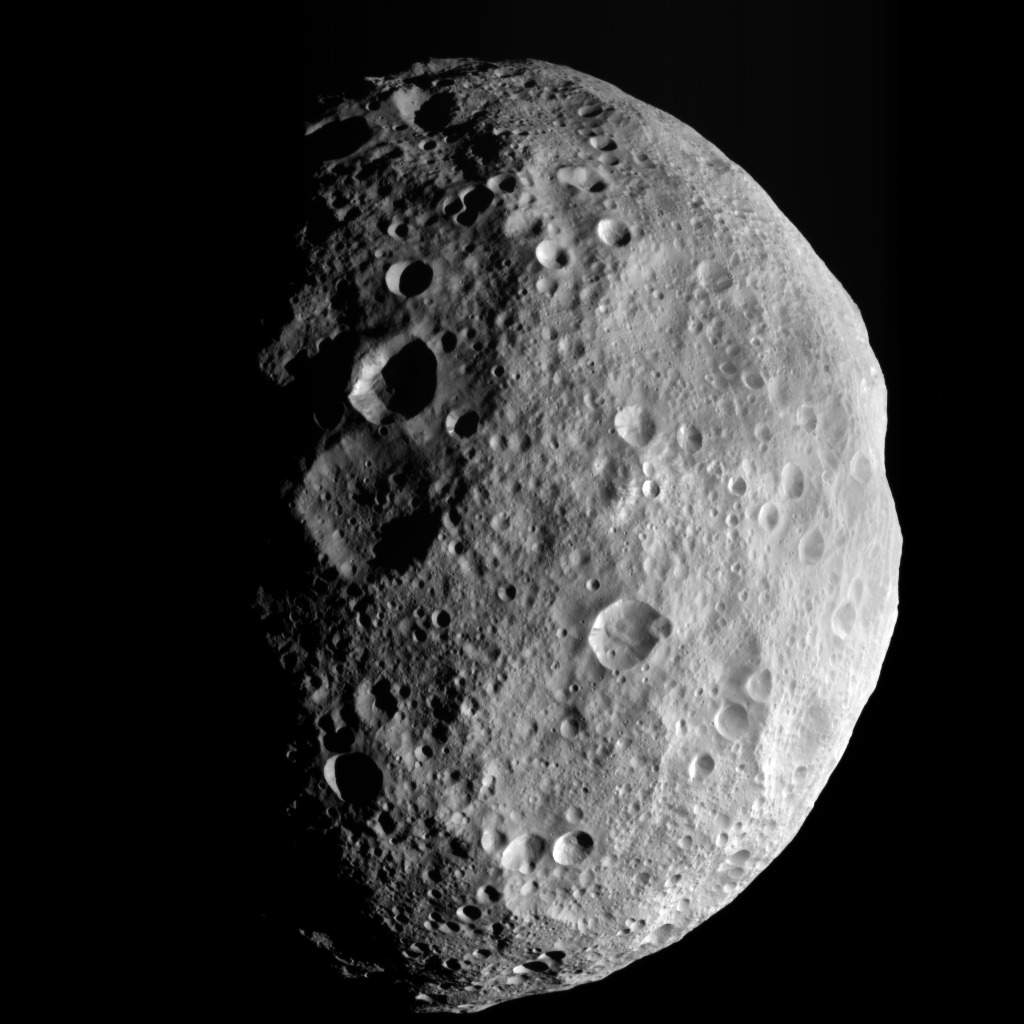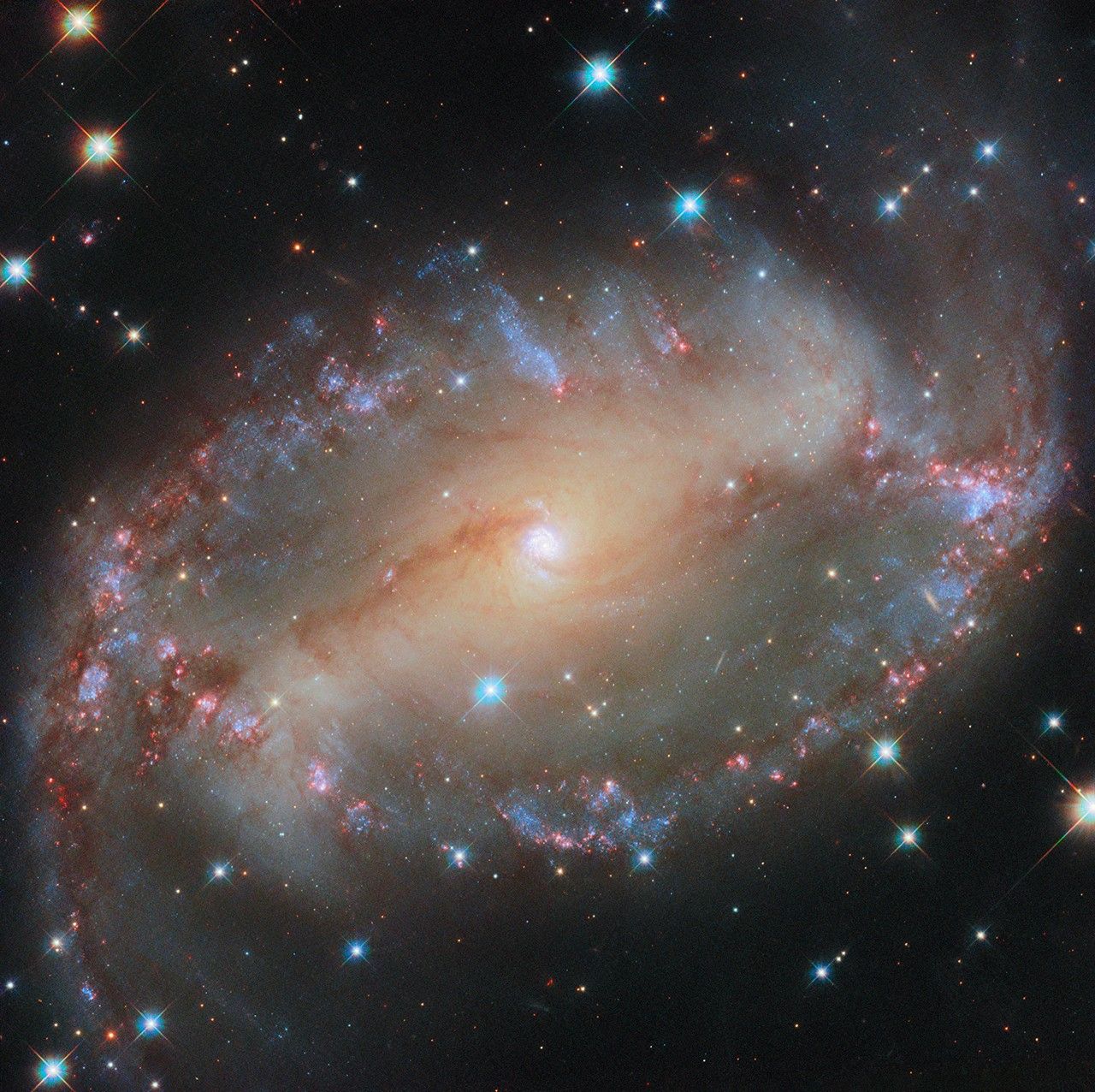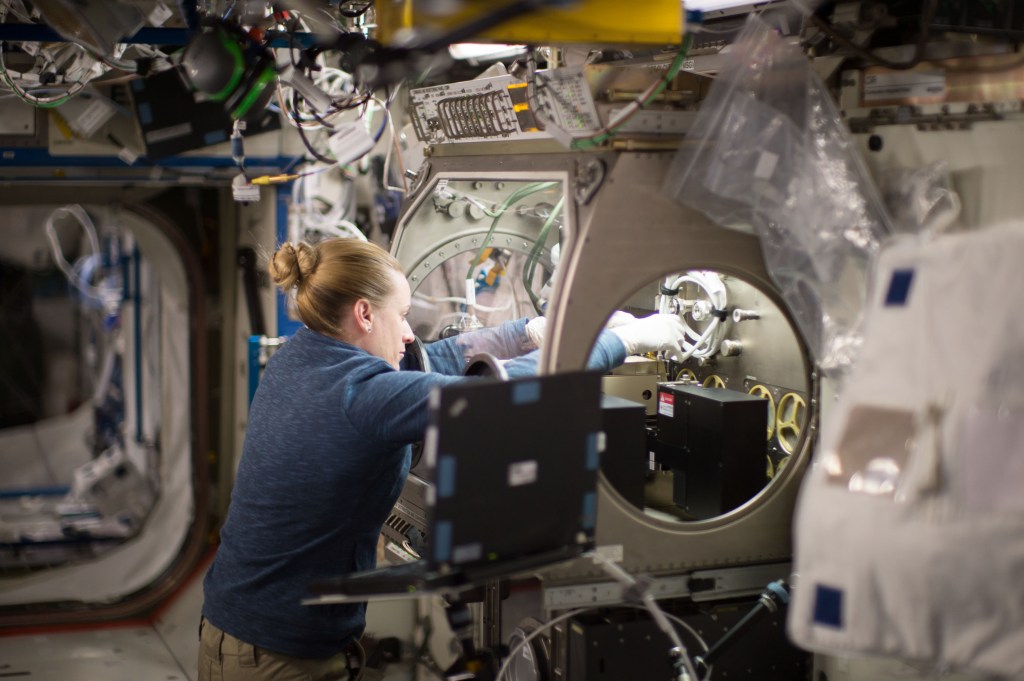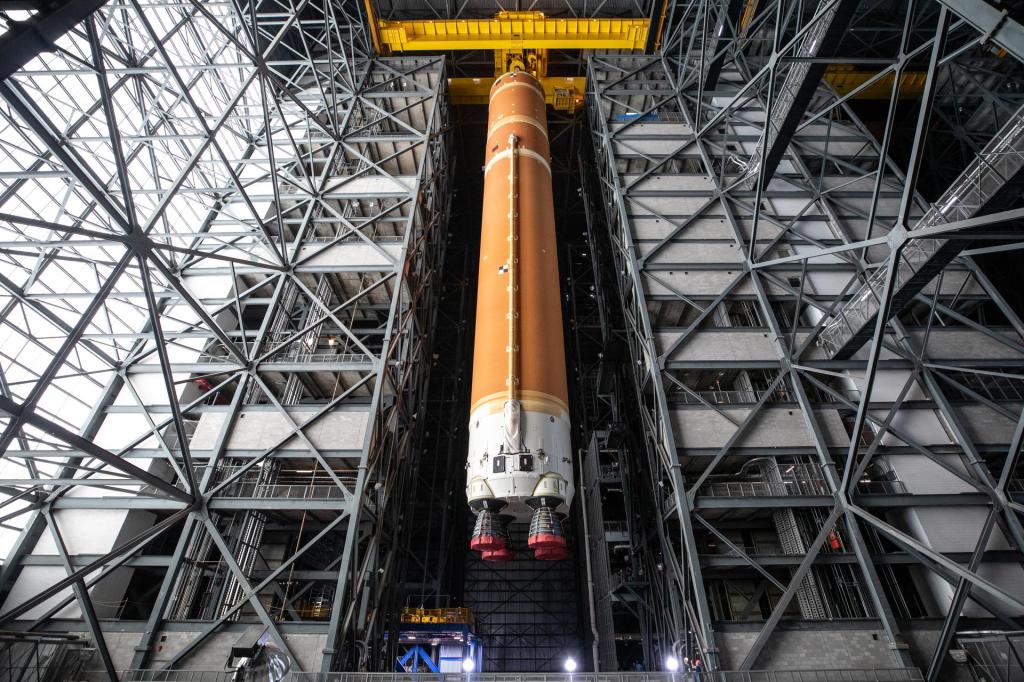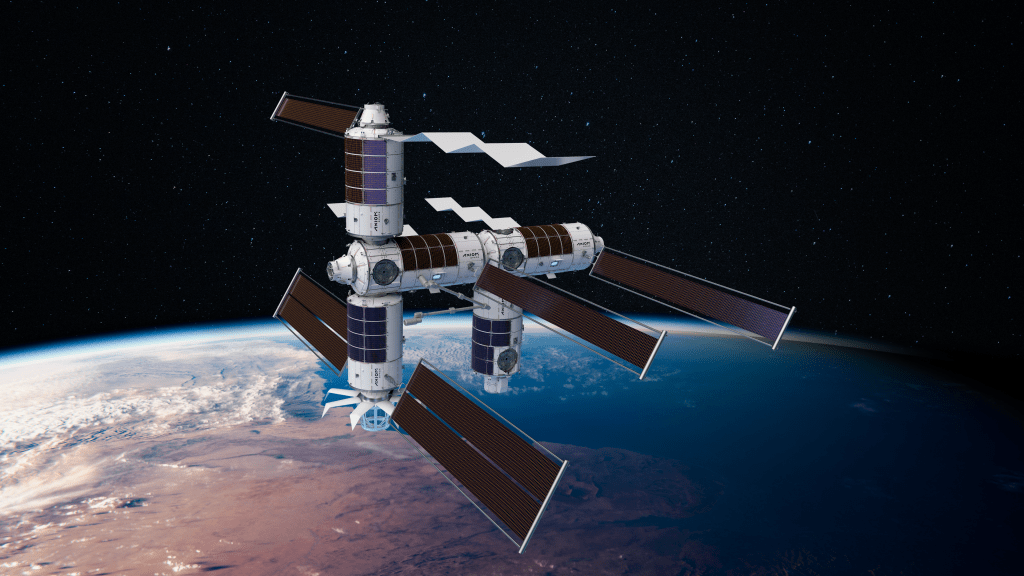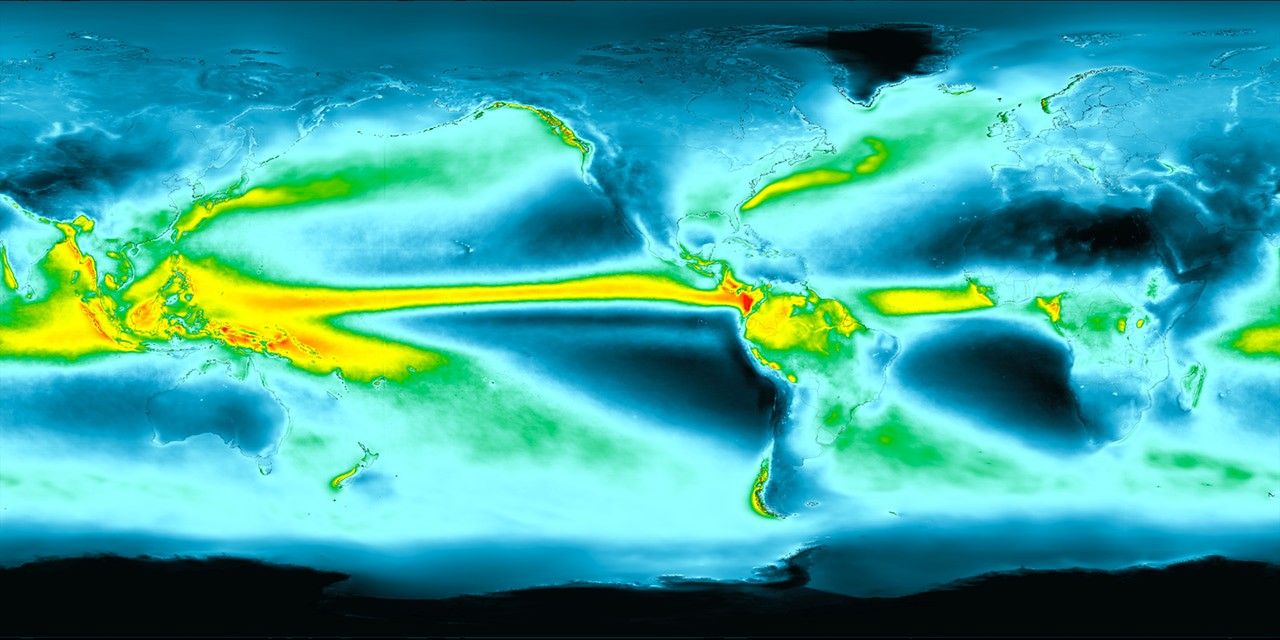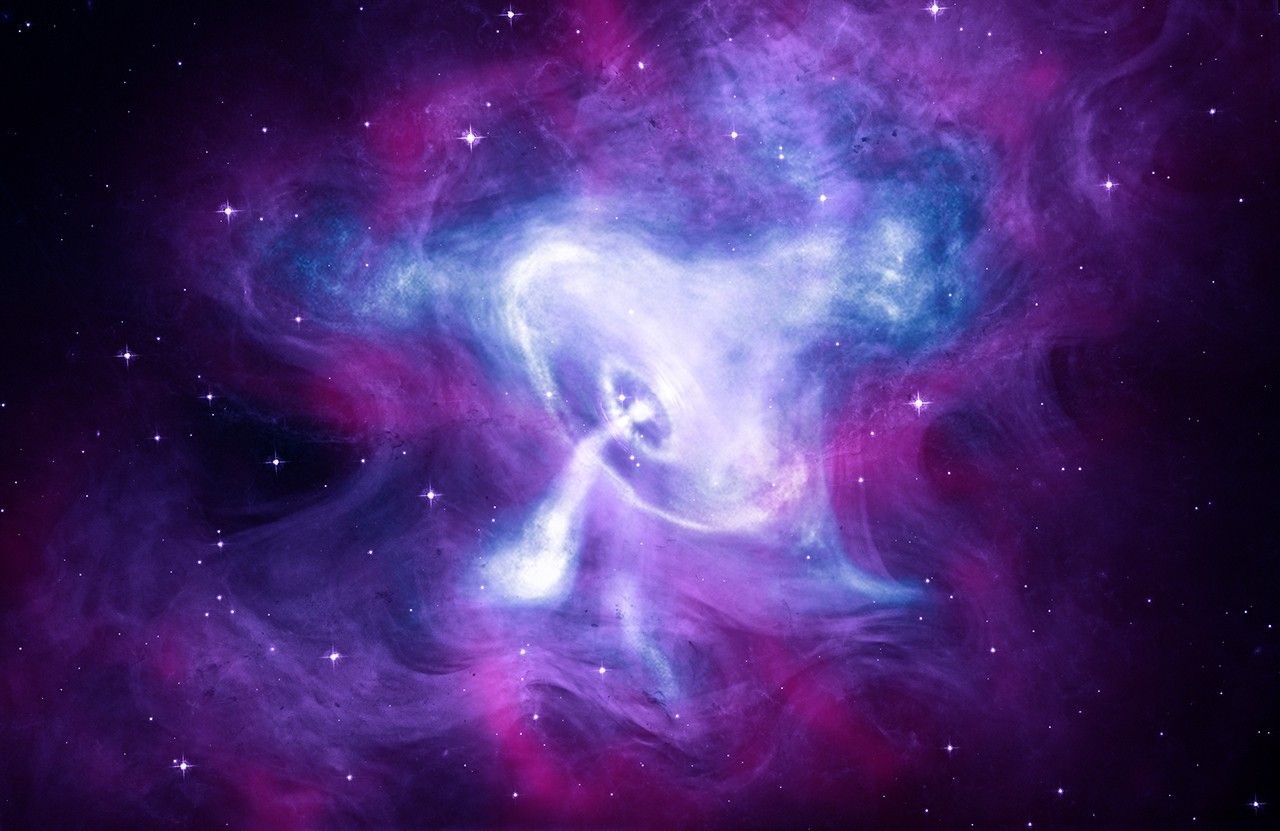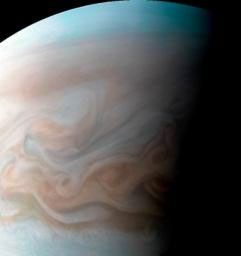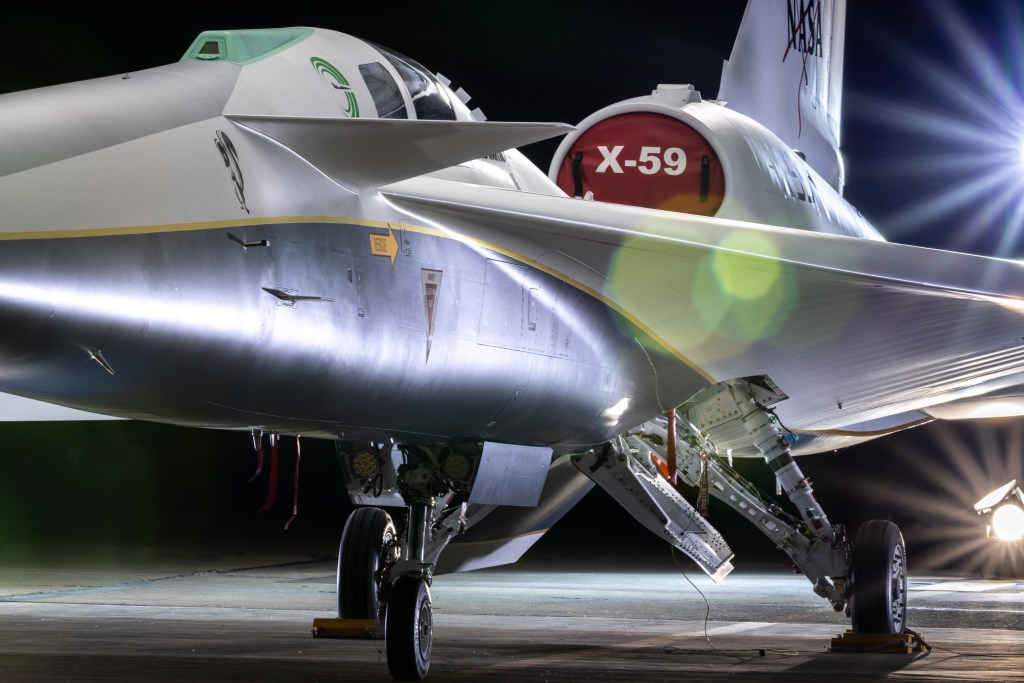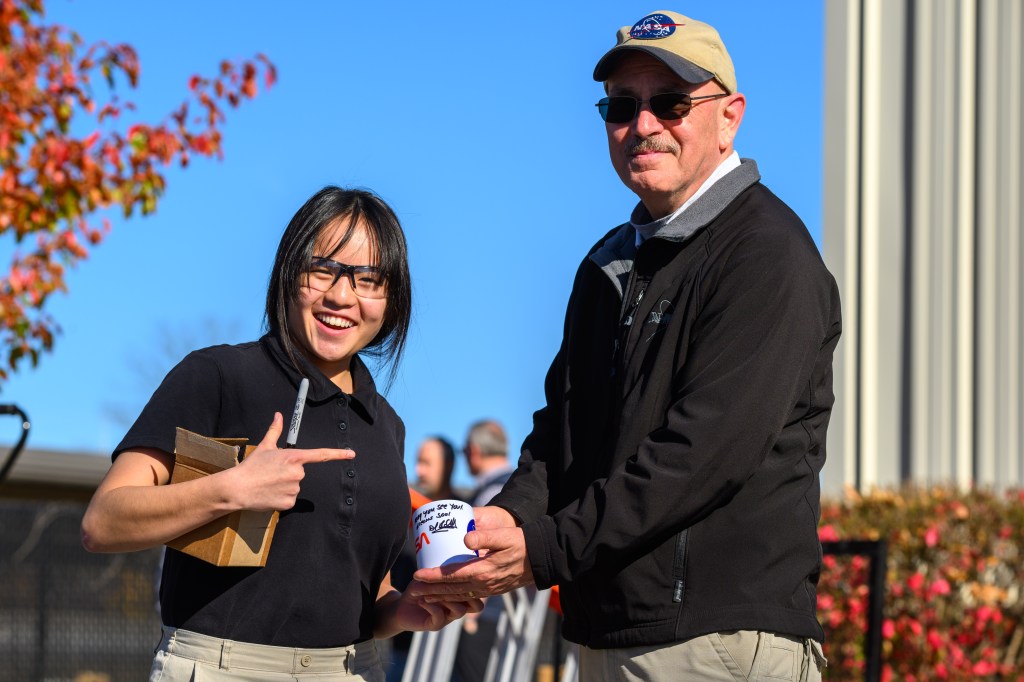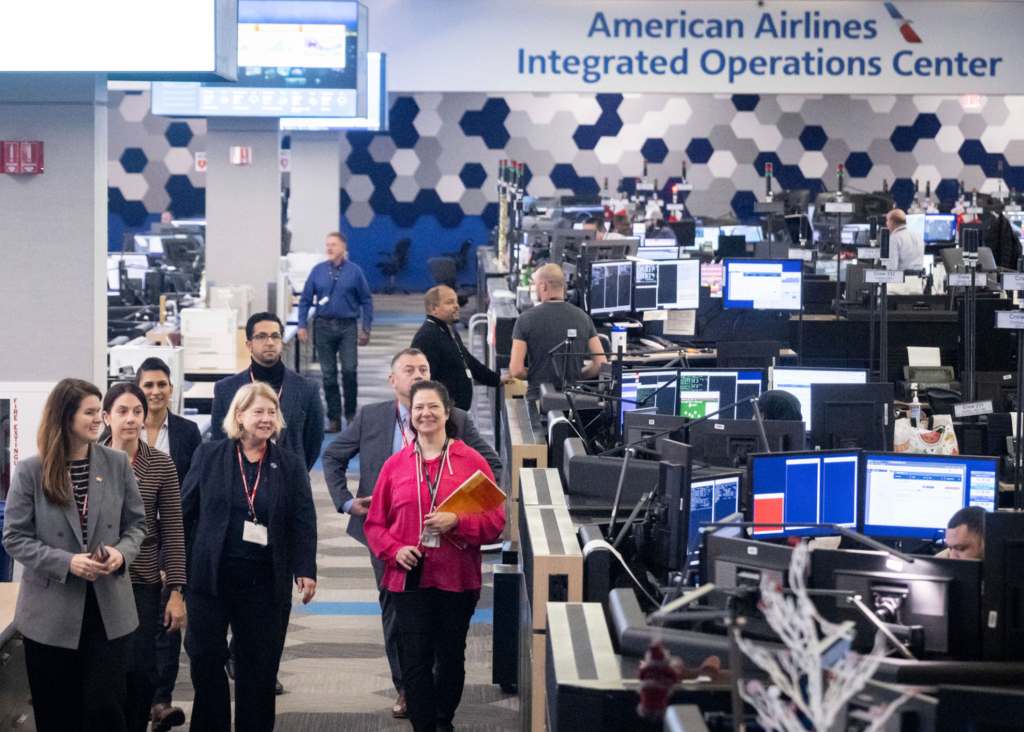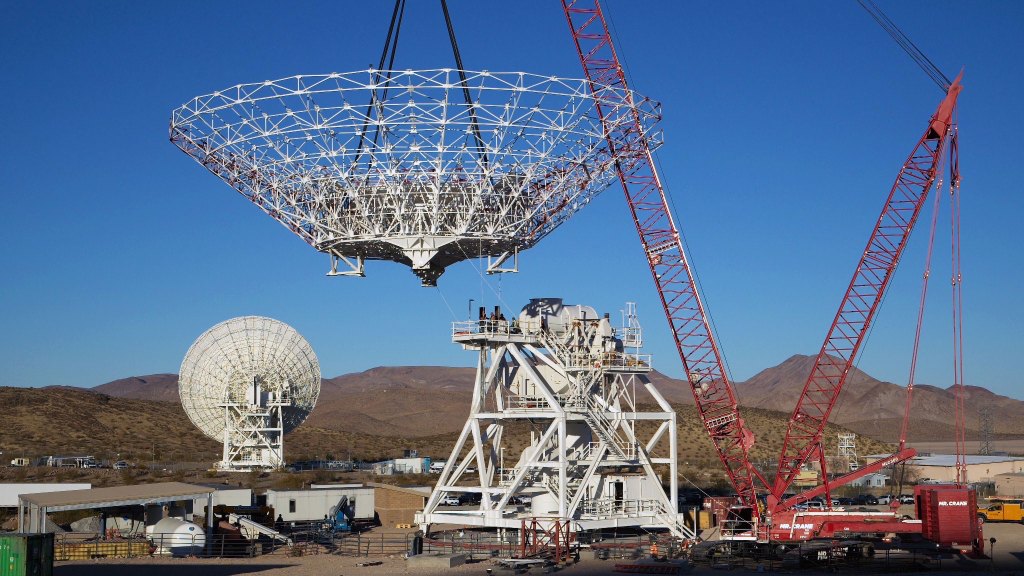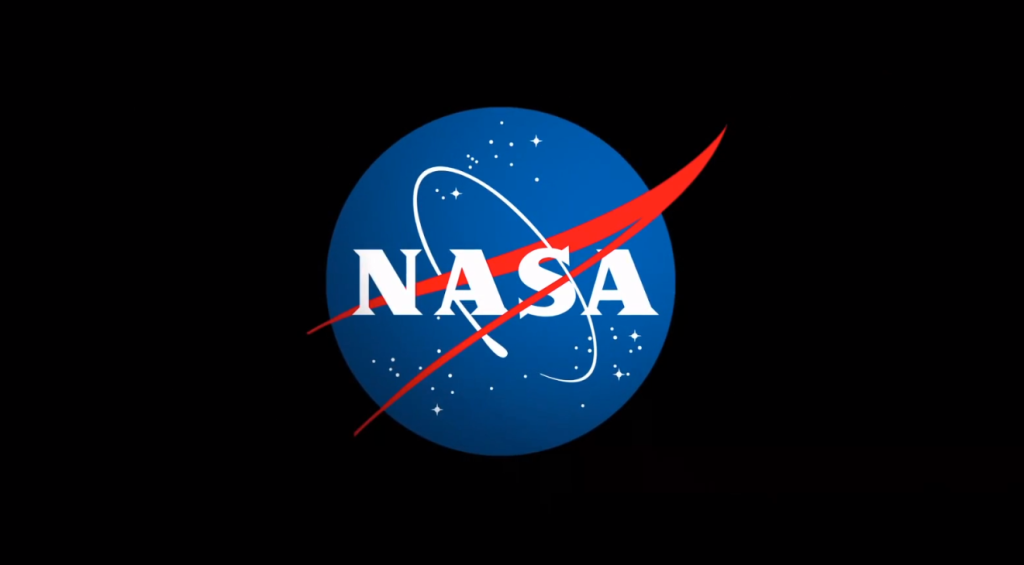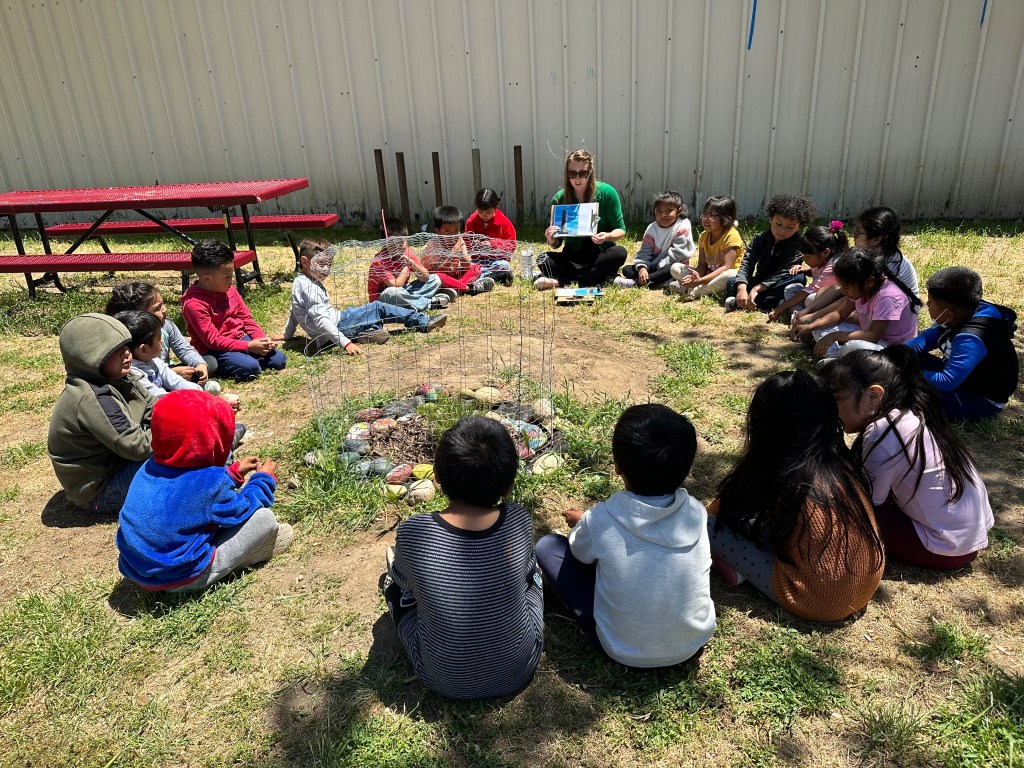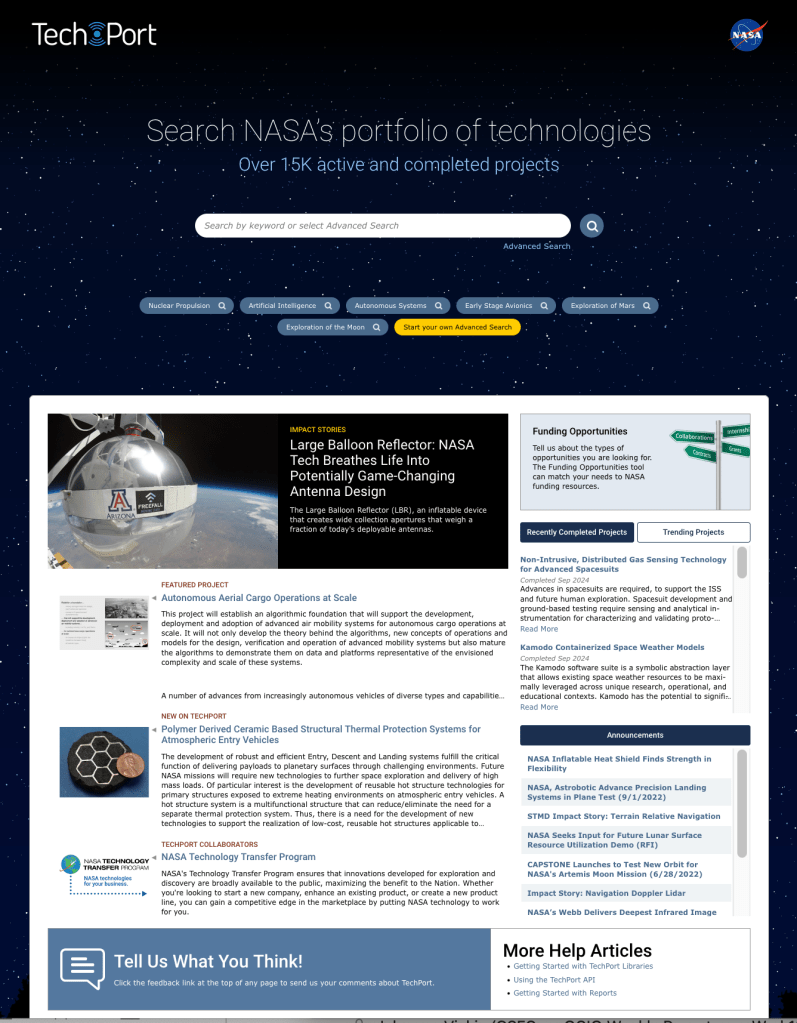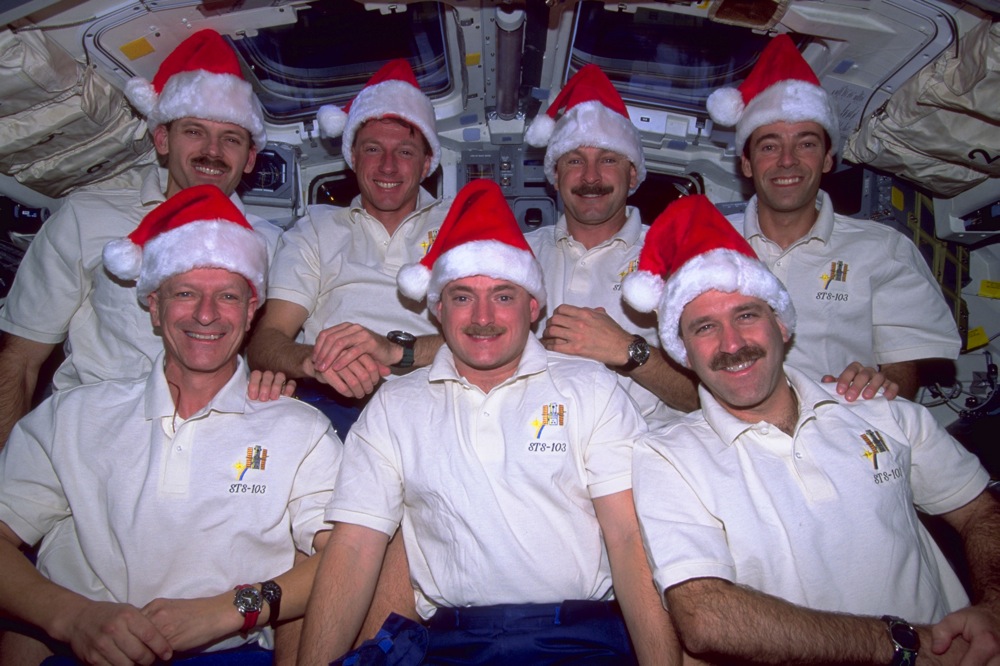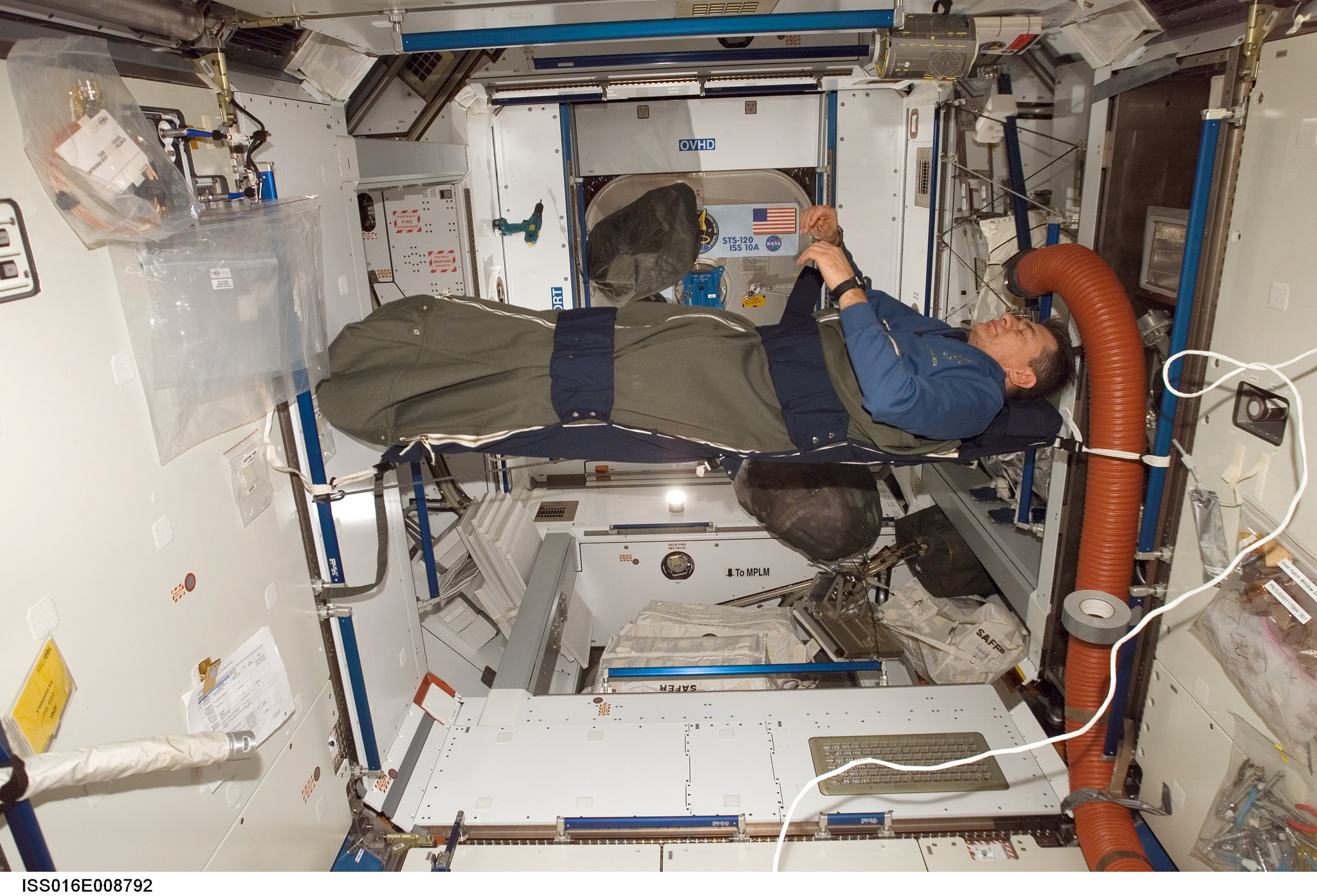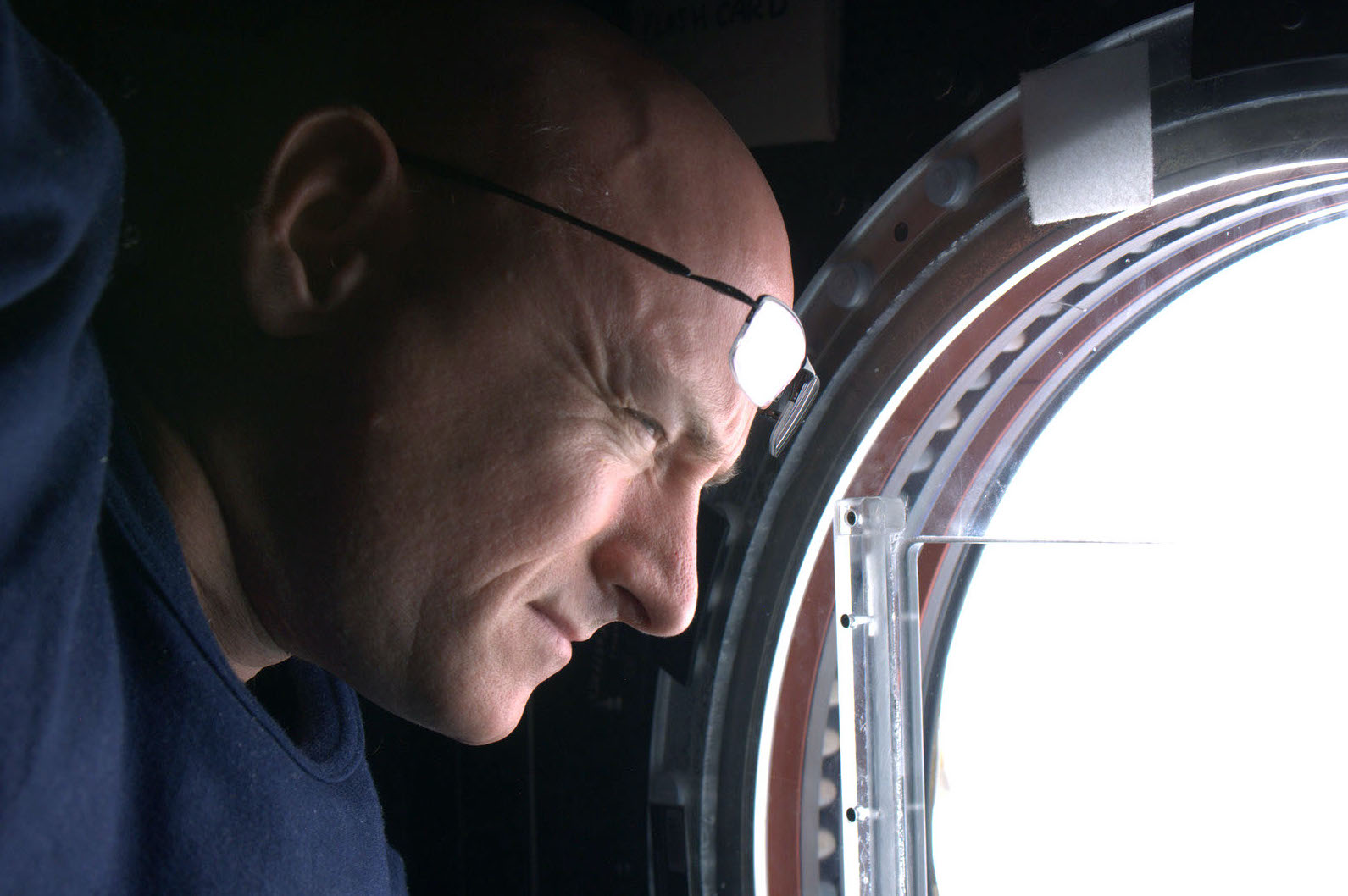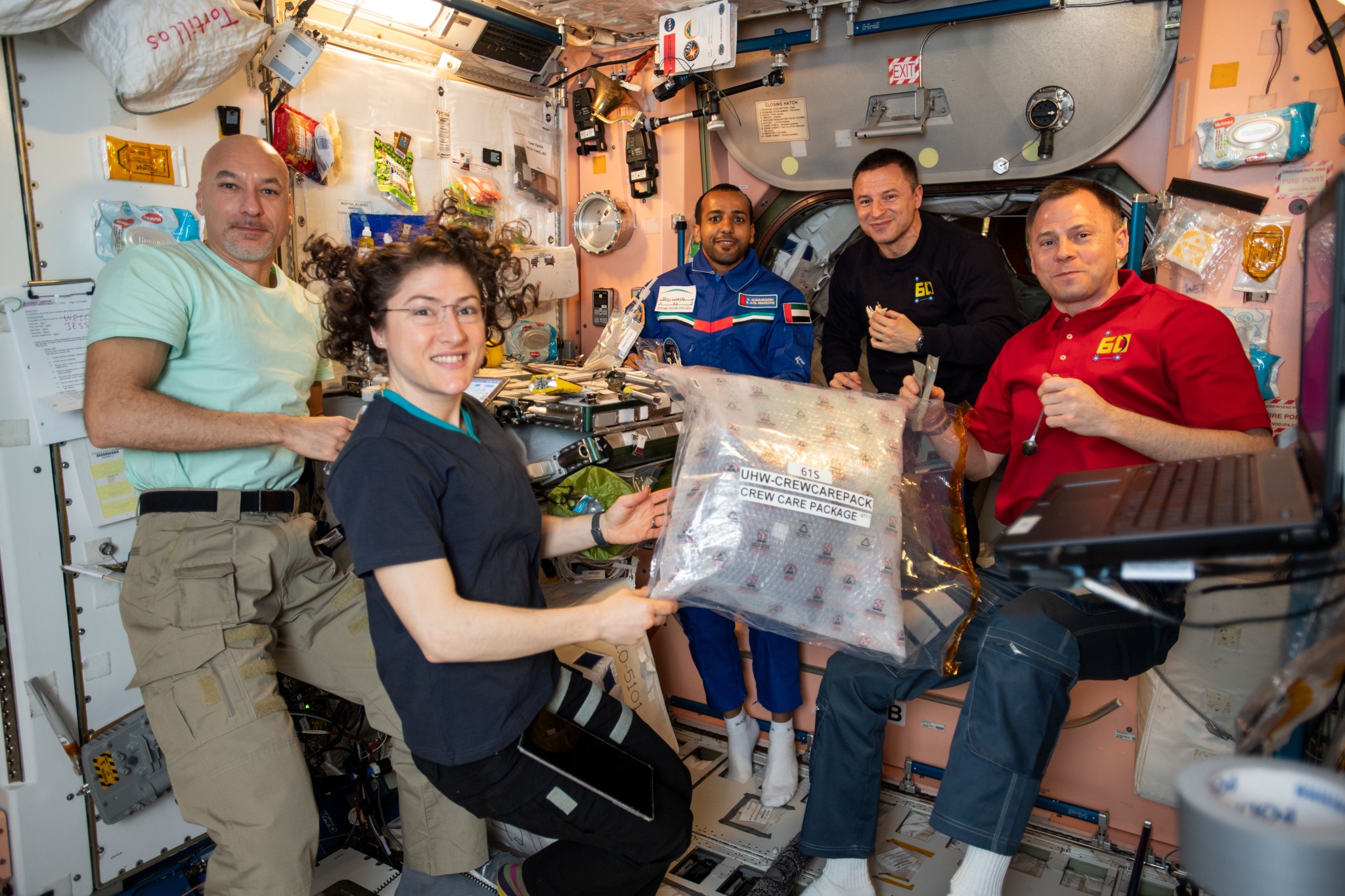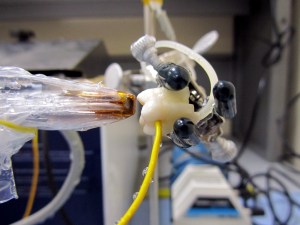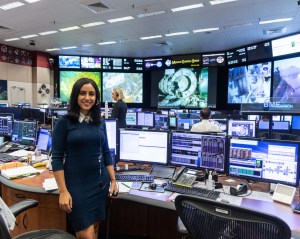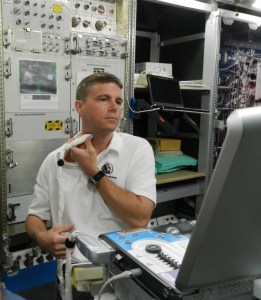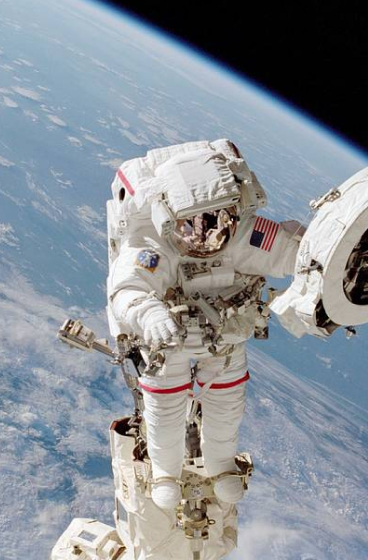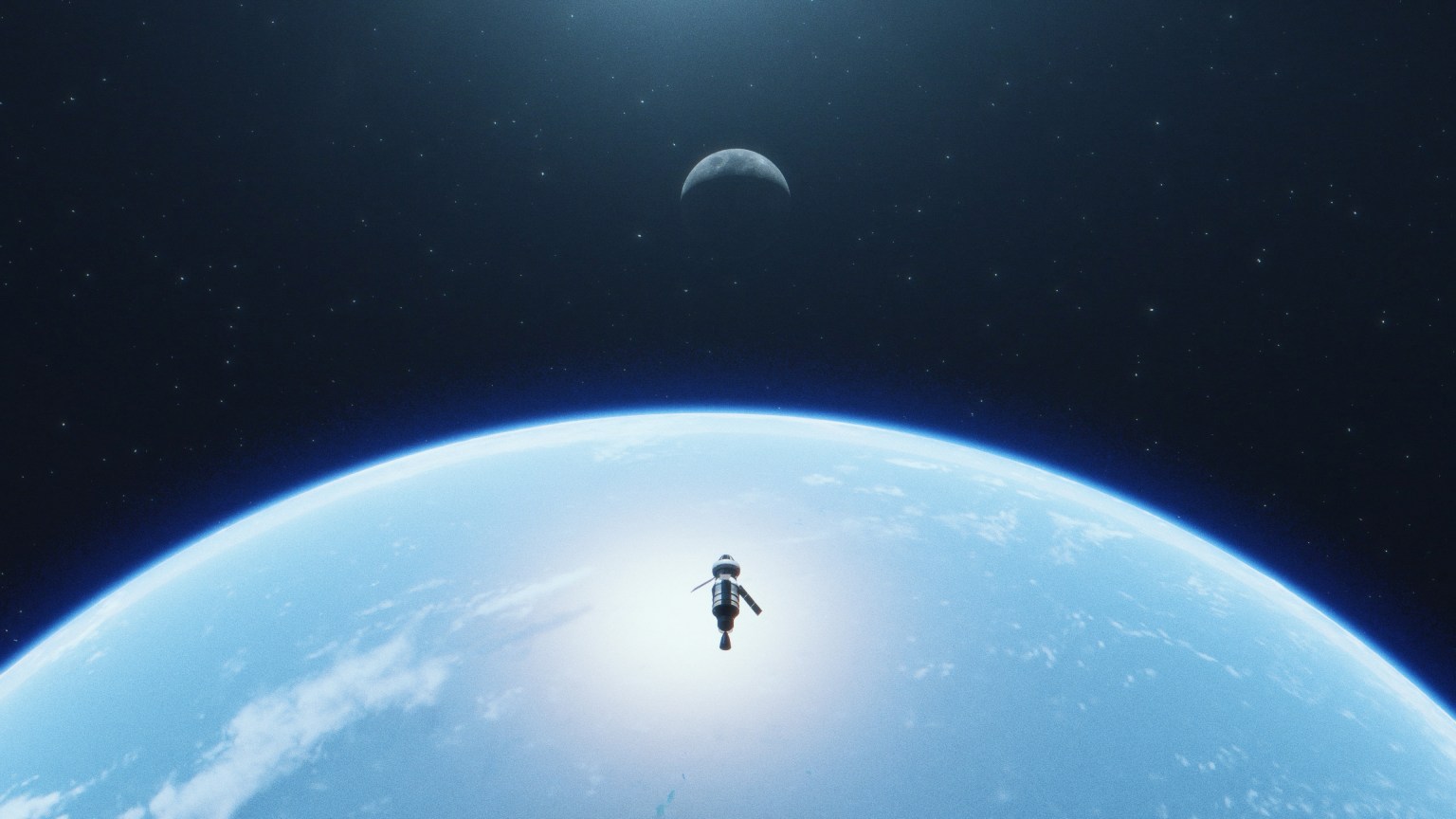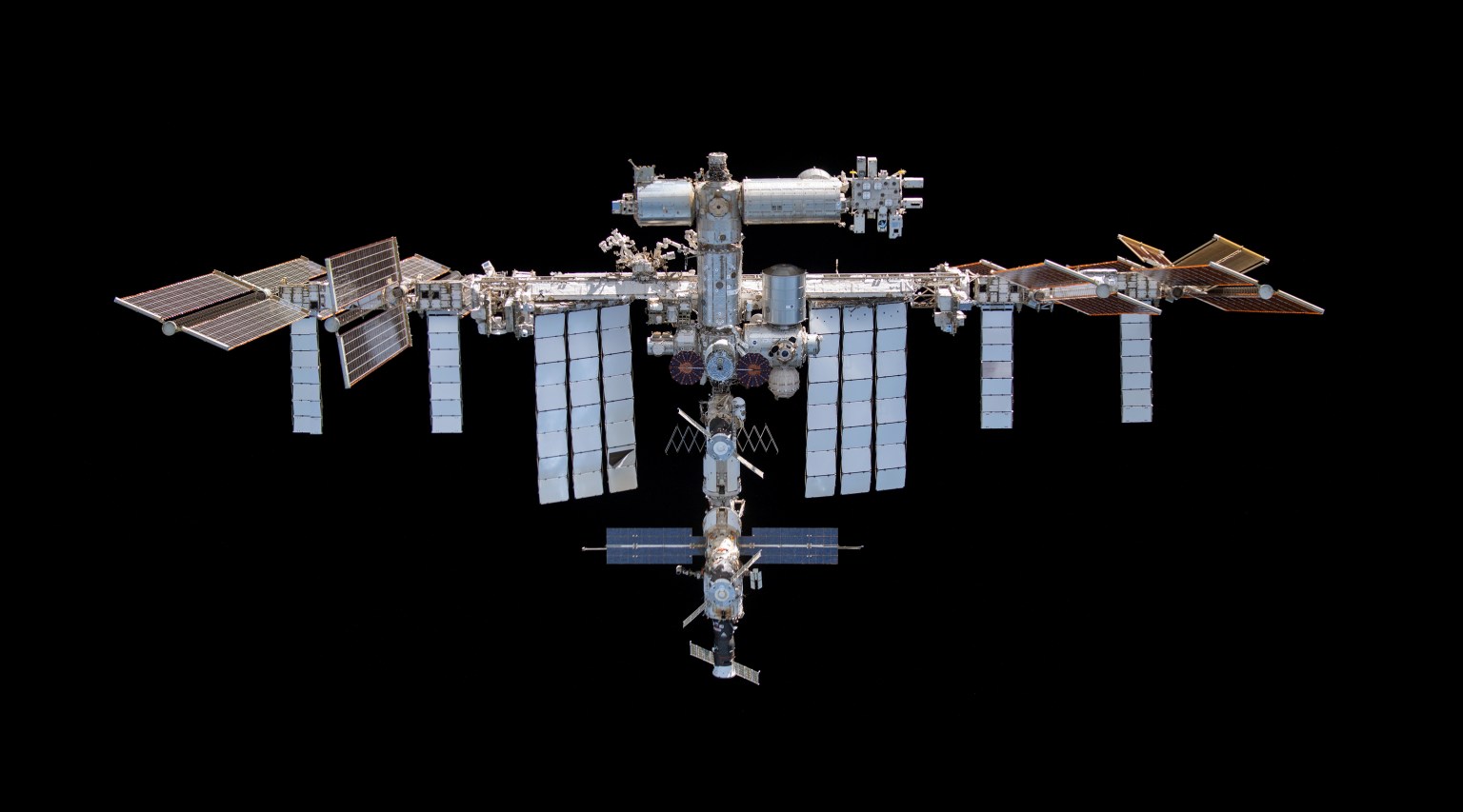Just as spaceflight can challenge the limits of the human body, it also can be psychologically taxing. Factors such as a lack of privacy, high and variable workloads, and separation from loved ones can affect the behavioral health and performance of crew-members.
Fun Fact: Future deep space exploration missions will require a small team of astronauts to live and work in a confined environment the size of a studio apartment for up to 2 ½ years.

NASA
Promoting Psychological Readiness and Performance
Just as spaceflight can challenge the limits of the human body, it also can be psychologically taxing. Factors such as a lack of privacy, high and variable workloads, and separation from loved ones can affect the behavioral health and performance of crewmembers. Astronauts must adapt and perform well in these demanding conditions. The Behavioral Health and Performance (BHP) capability is responsible for understanding how the conditions of spaceflight affect the thinking and behavior of astronauts, and for developing and testing interventions that help astronauts survive and thrive in these conditions.
The BHP team conducts research to better understand the psychological and behavioral responses to spaceflight. They develop and test interventions that lead to better adaptation and performance. Ensuring astronauts can excel in extreme environments starts as early as the astronaut candidate selection process, in which applicants are evaluated on competencies such as adaptability. Astronauts receive extensive training to help them apply self-assessment tools and treatments for maintaining their behavioral health. In-mission support, such as care packages, teleconferences with a psychologist, and journaling, help astronauts maintain motivation and increase morale.
Deep space exploration such as a mission to Mars will include a significant communication delay between the crew and Earth making real-time, in-mission psychological support from Earth impossible. Research is underway to develop tools that will allow astronauts to monitor and maintain their behavioral health more autonomously with no real-time support from ground control.
Space Work is Teamwork
Astronaut psychological health and readiness are critical aspects that contribute to the team. Most of the amazing accomplishments in human space exploration are the product of a team working together to do something greater than a lone individual could do on his/her own. As an example, astronauts work together and with ground control to safely complete important repairs on spacewalks. Astronauts solve problems and encourage one another during long missions. The conditions of spaceflight can make teamwork difficult. Astronauts must maintain situational awareness in an ever-changing environment, so they know what information needs to be shared with one another and ground control. They also need to be able to effectively communicate complex information to people with different professional backgrounds. Astronauts aboard the ISS are roommates. They must be considerate of others and be able to effectively resolve disagreements. To prepare for missions, astronaut candidates and astronauts participate in extensive team skills training. They also learn effective group living skills, and how to look out for and support one another.
These teamwork skills will be challenged in deep space missions that will require astronauts to live and work in a small space the size of a studio apartment for up to 2 ½ years. The small crew will need to solve problems and seamlessly coordinate on complex tasks such as landing on Mars with no real-time support from Earth. The BHP team conducts research to identify which combinations of astronauts will most likely work well together, where teamwork problems are likely to occur over the course of a mission, and the training and in-mission interventions that help the team accomplish amazing feats such as safely landing humans on Mars.
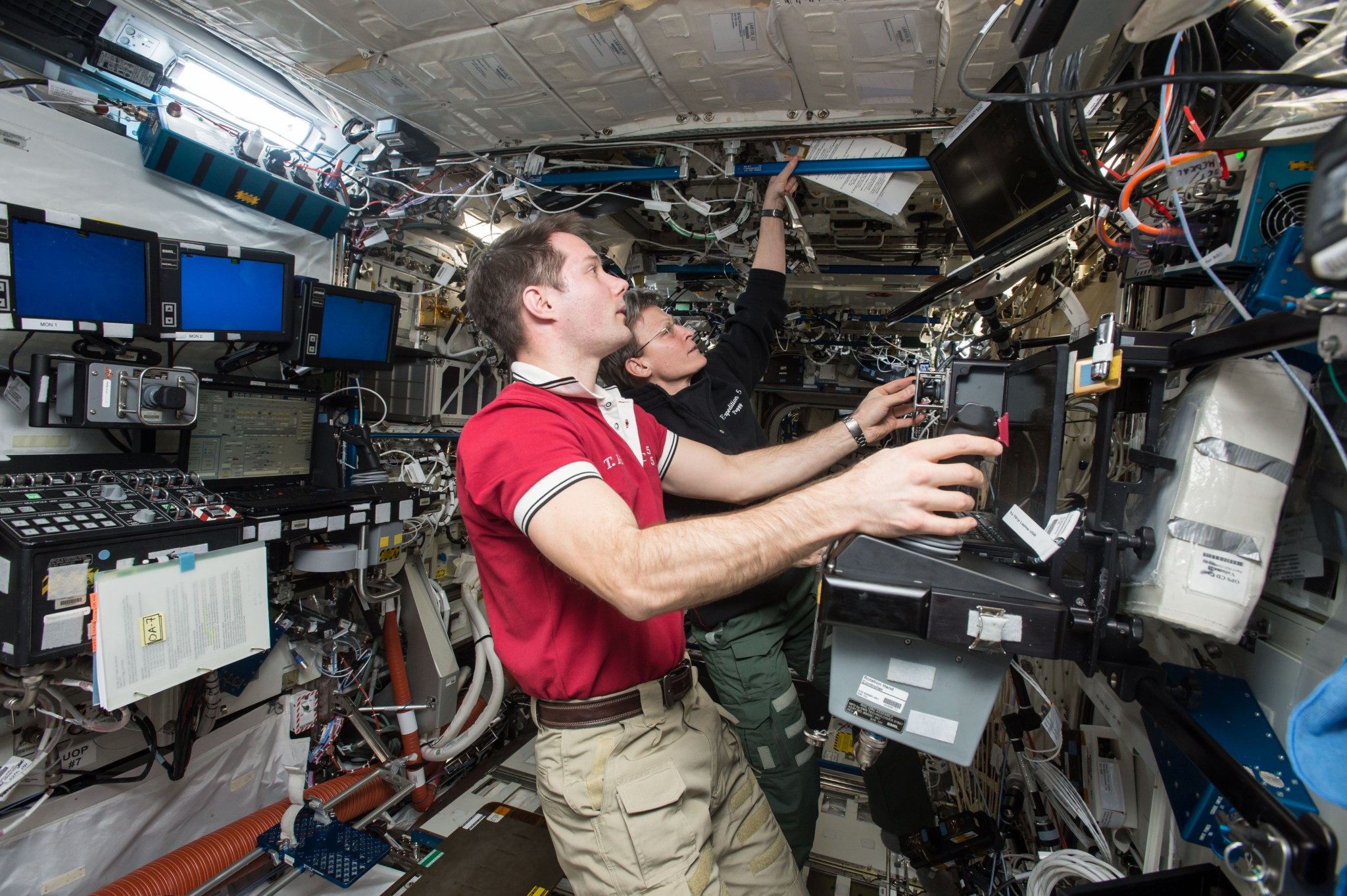
Points of Contact
Suzanne Bell, PhD
Stephen T. Vander Ark

